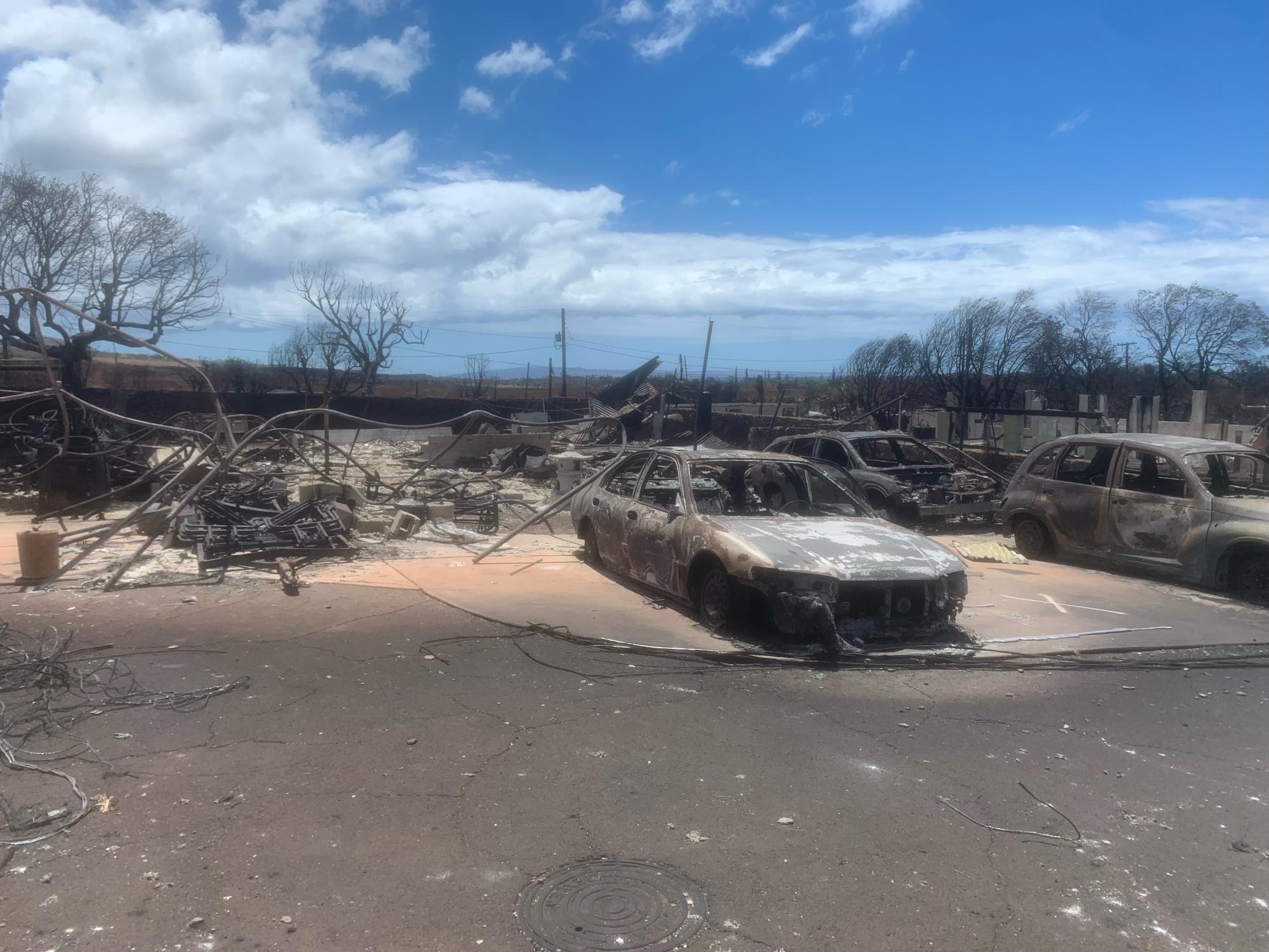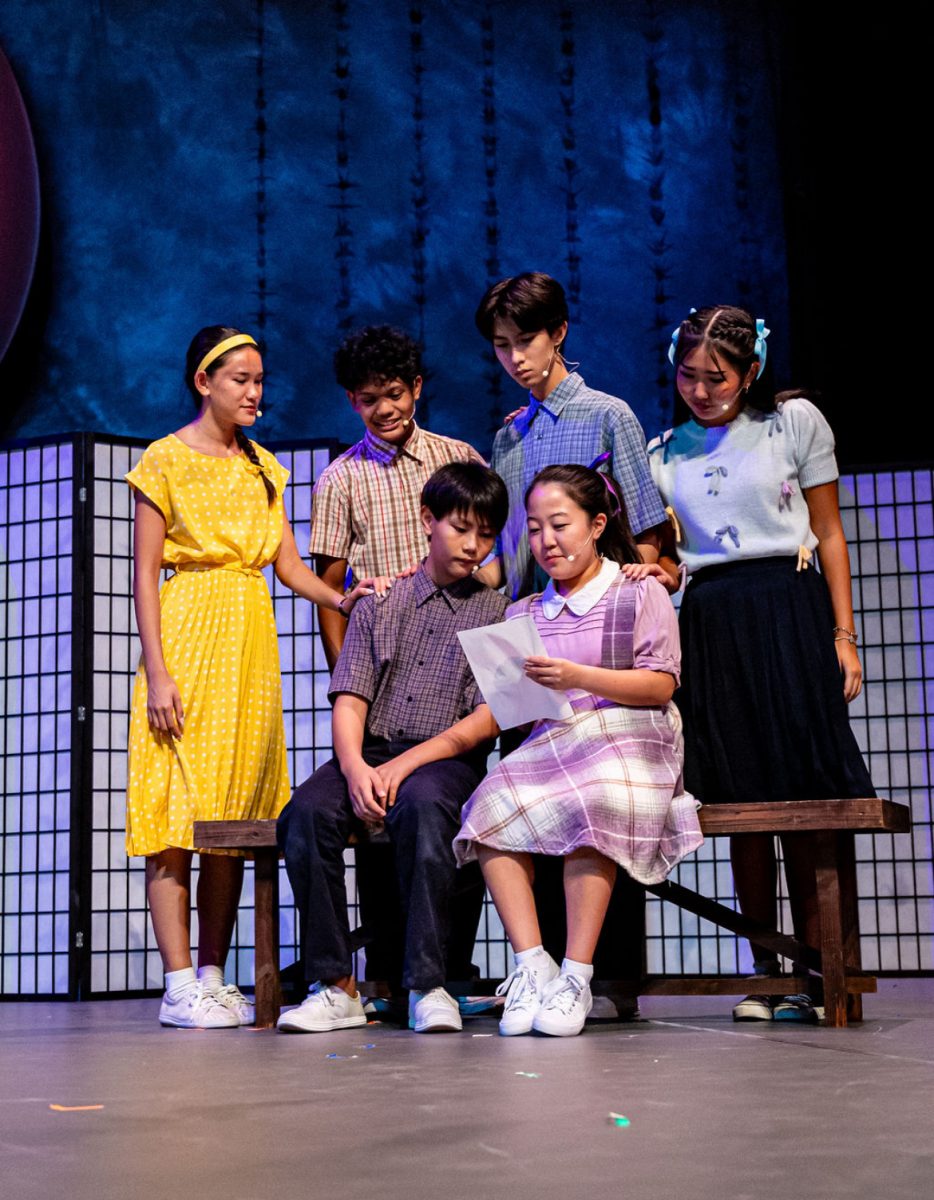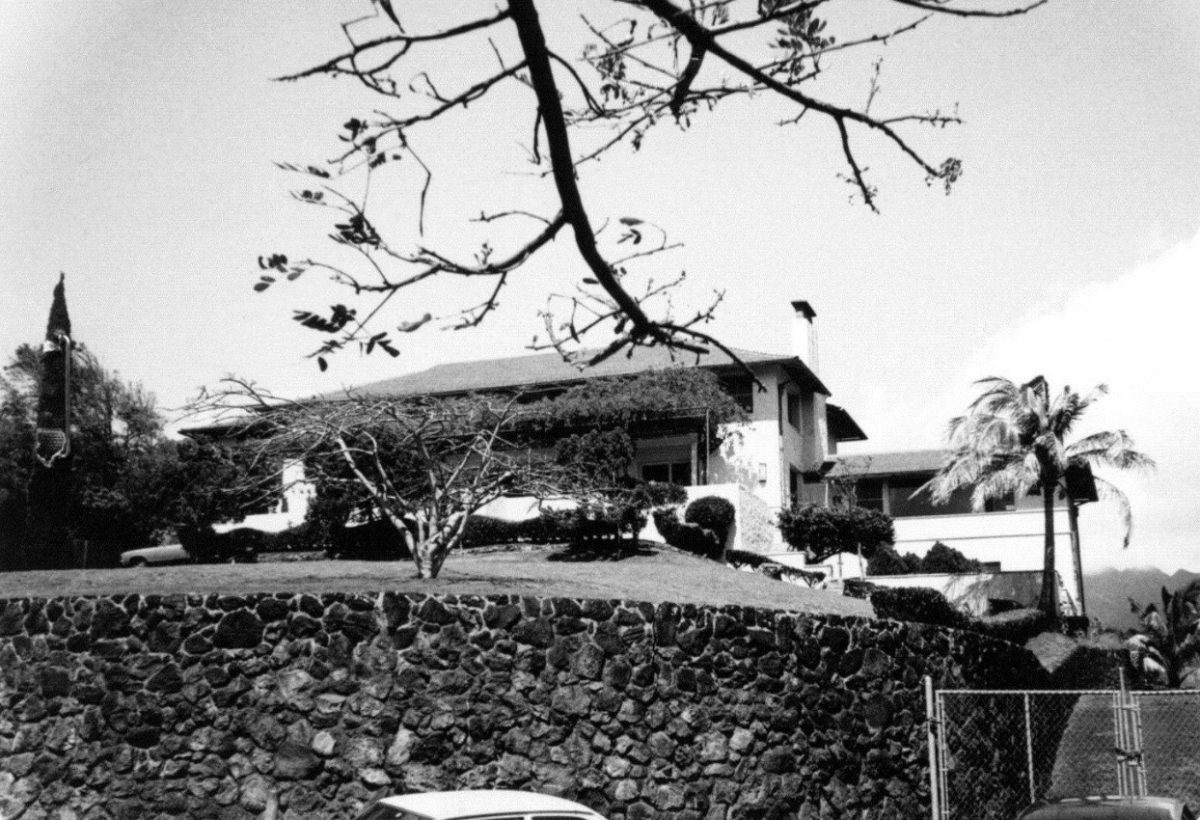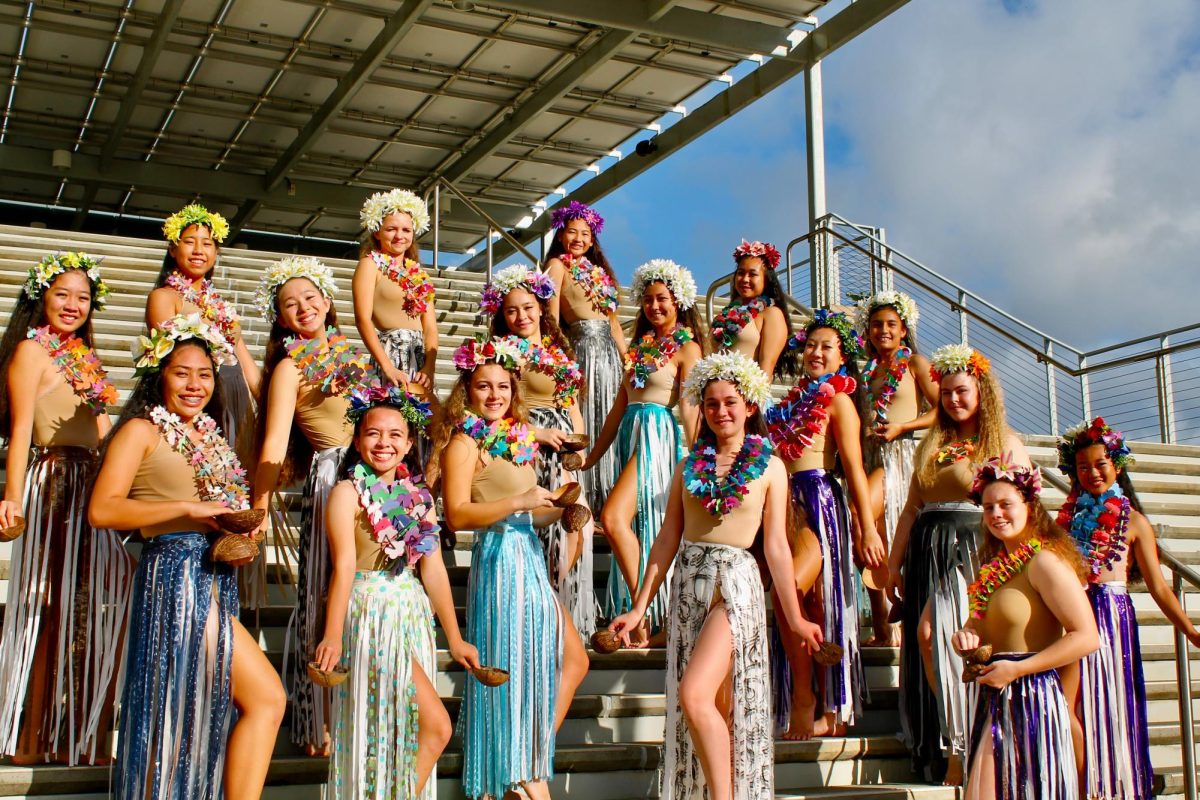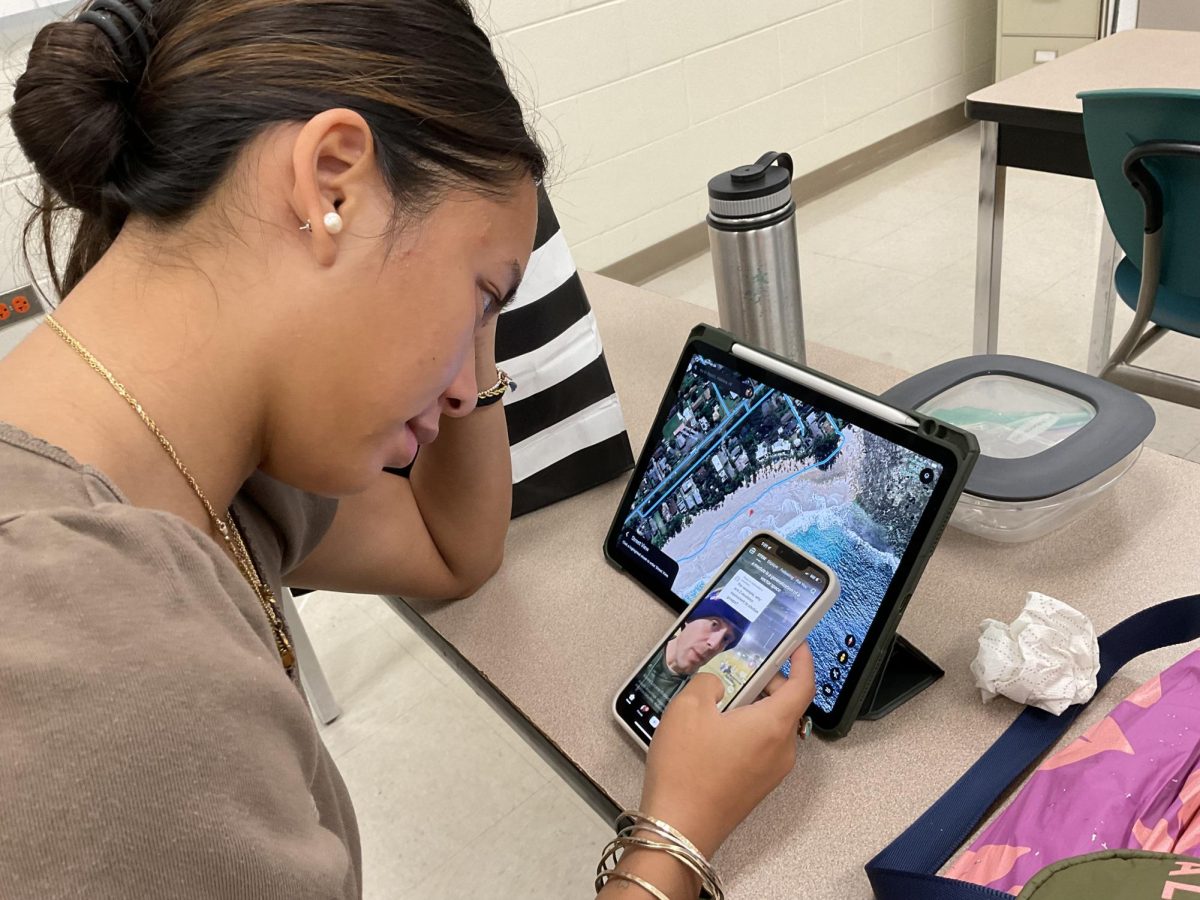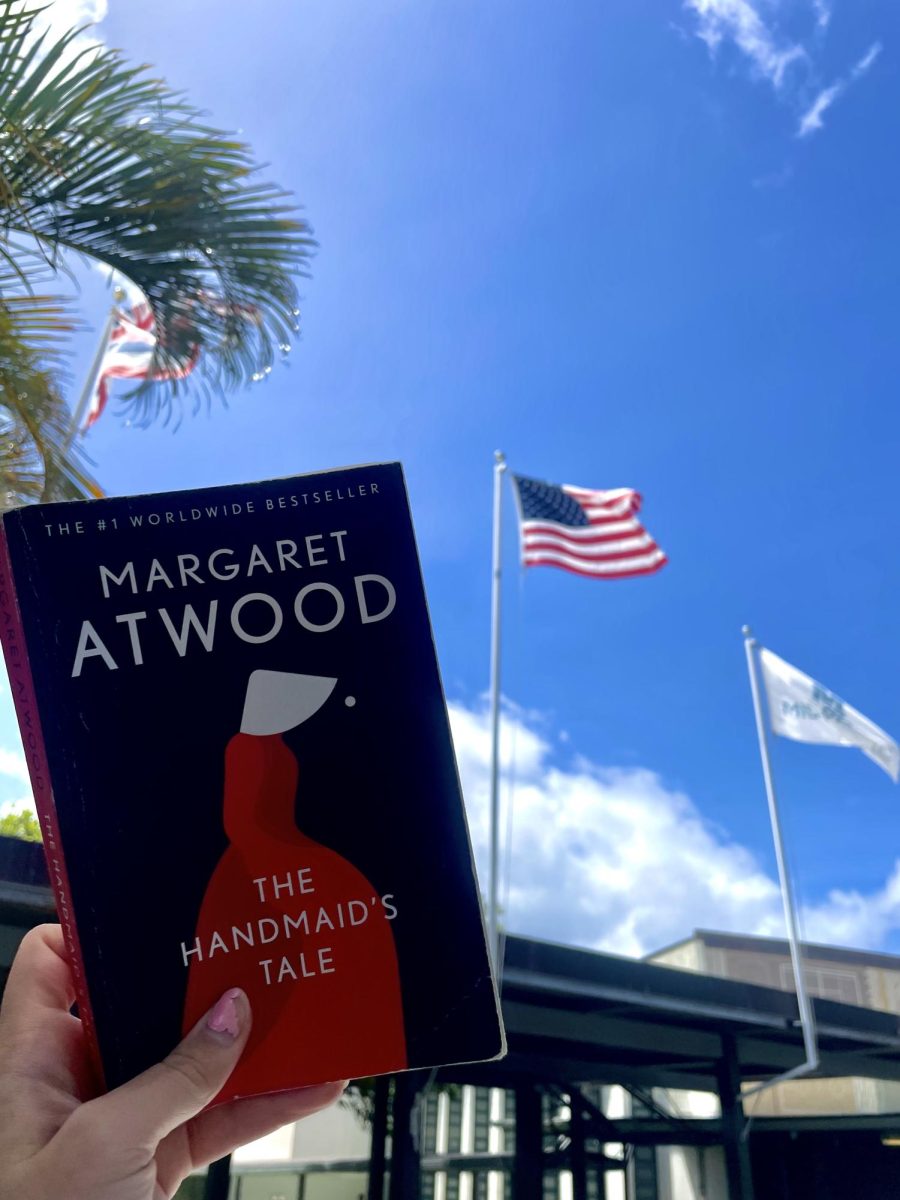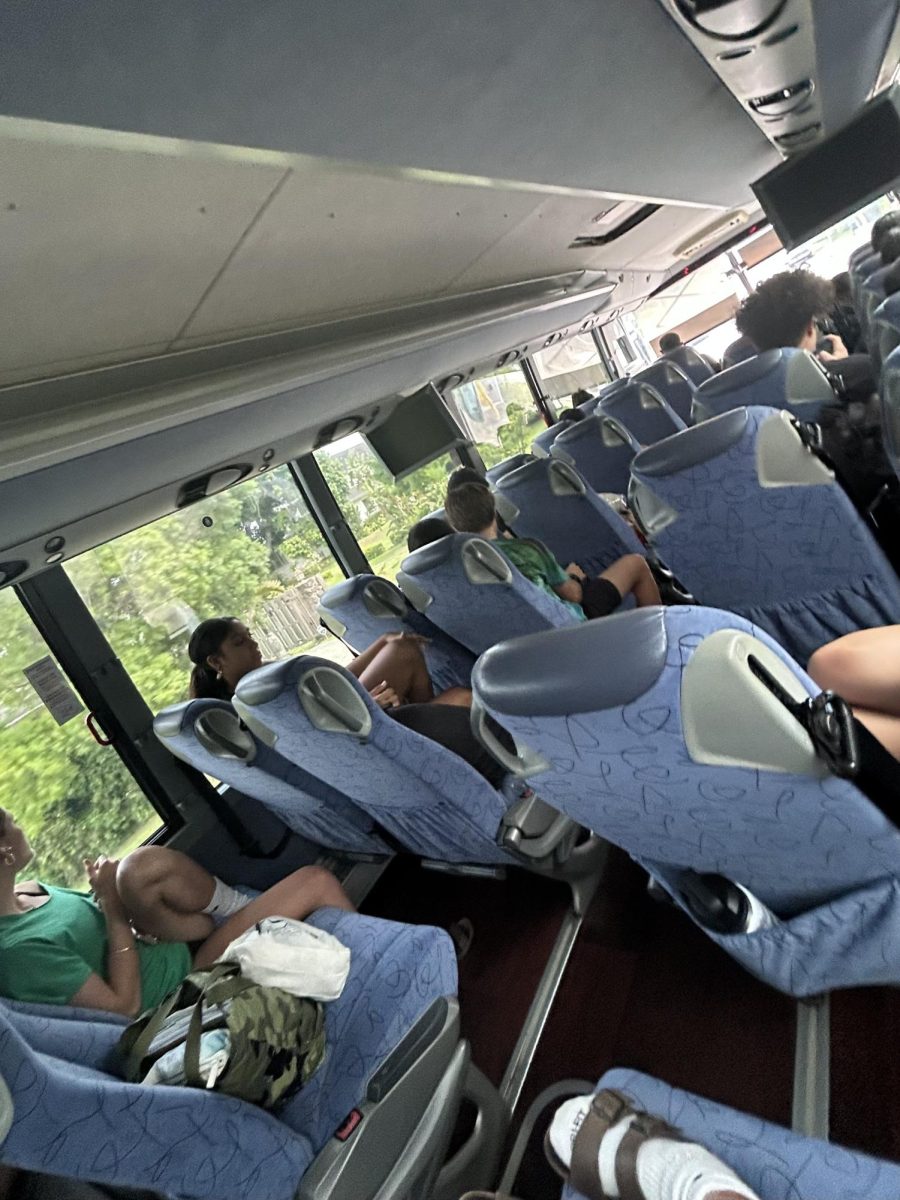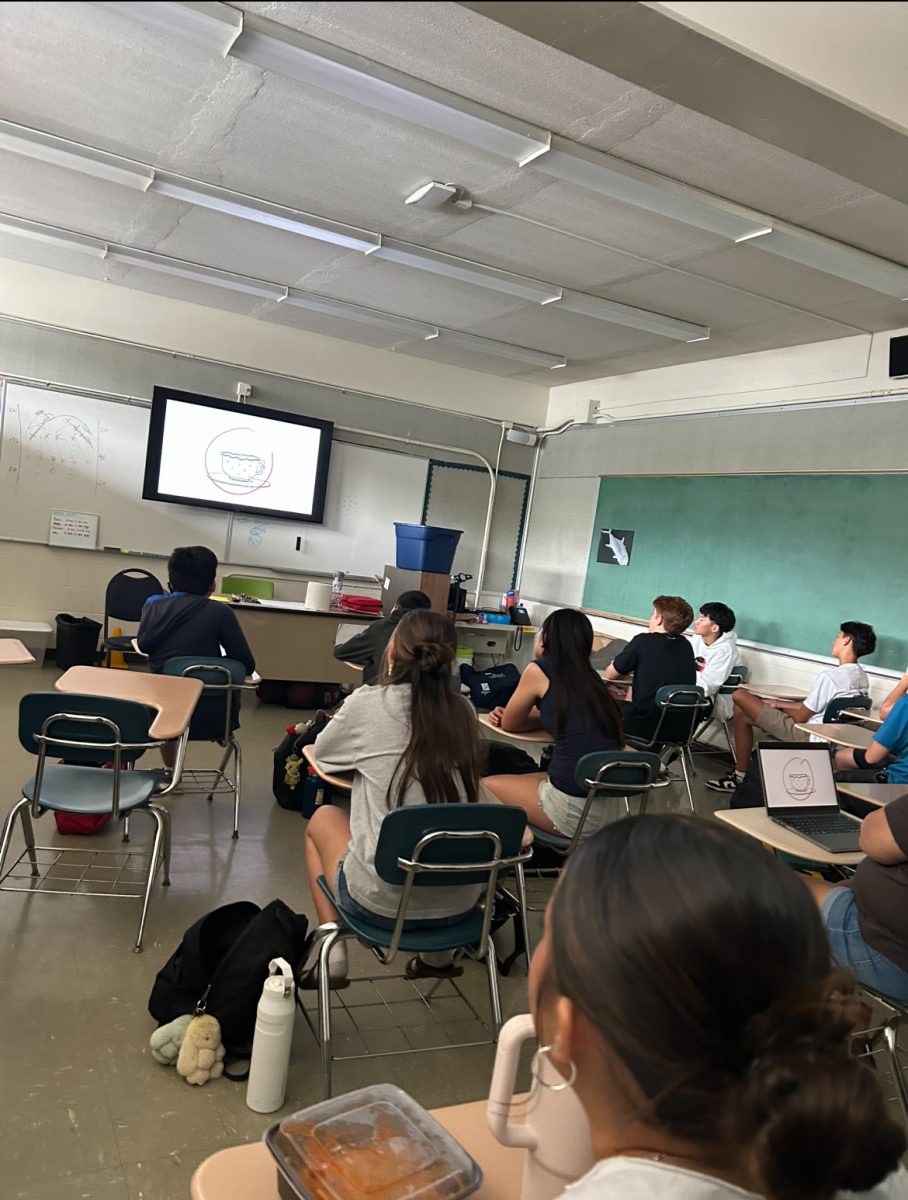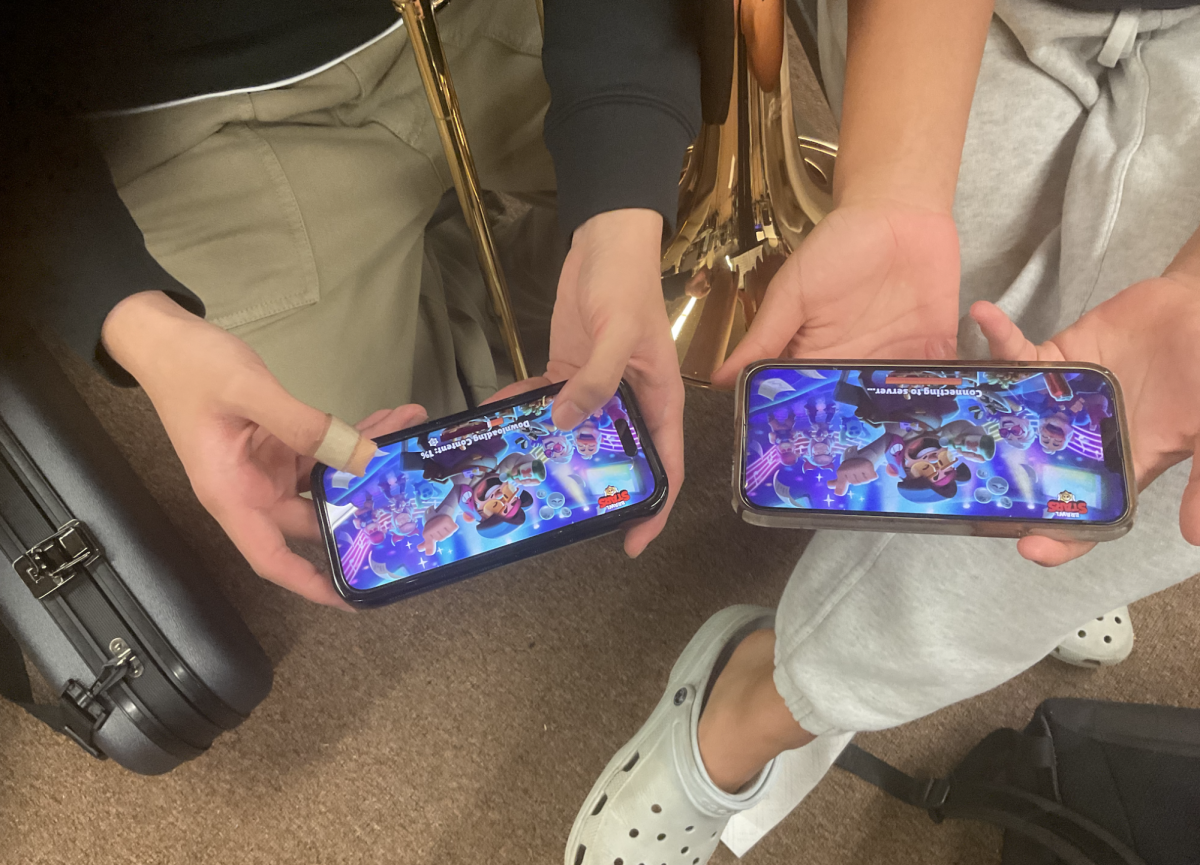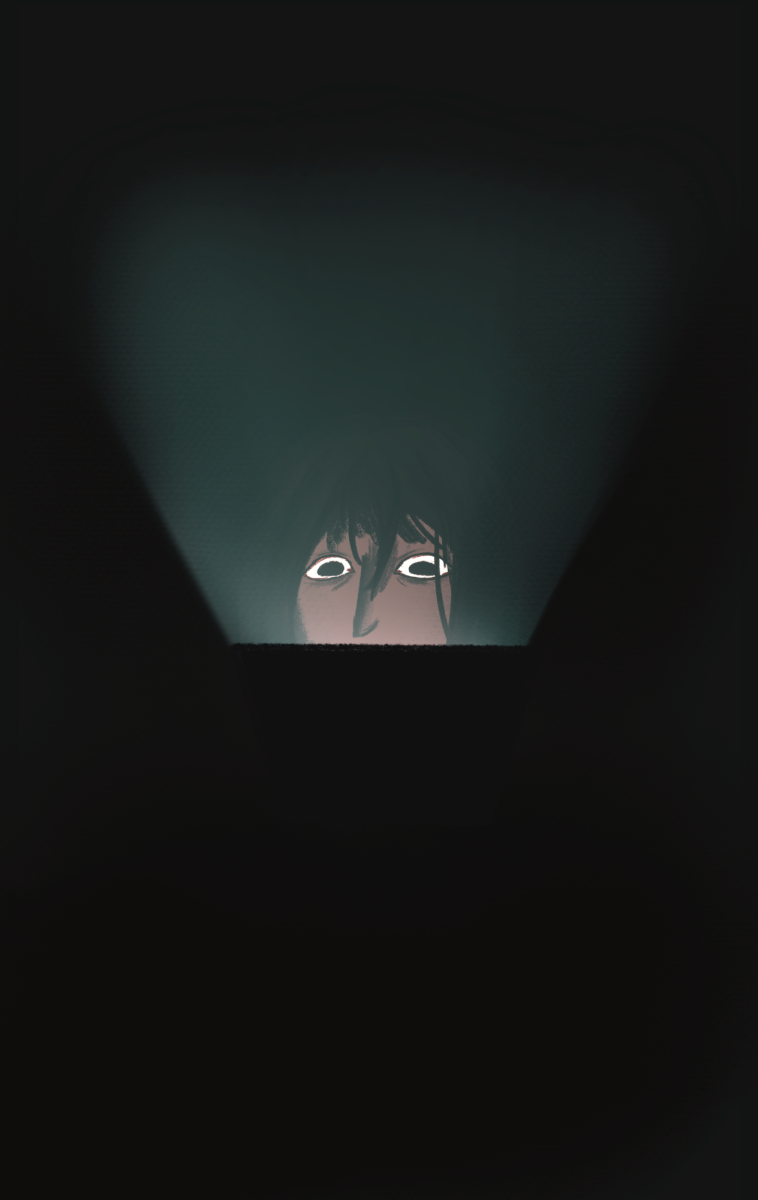On Aug. 8, a wildfire rapidly consumed the homes and lives of citizens residing in West Maui. Experts said the fire was potentially caused by an electrical pole that had been knocked down by the gales of Hurricane Dora.
With the deadly combination of 80 mph winds and dry foliage, Lahaina was soon engulfed in flames.
“When we were walking to the evacuation center, we saw a lot of trees and properties burning,” Emily Gorokhovsky, a fourteen-year-old Lahaina survivor, said. “It was super scary.”
The impact following the incident was a devastating blow to residents.
Cindy Shibao, a Lahaina resident and mother of two was faced with the traumatic experience of losing her home. Her and her family evacuated soon after they spotted the smoke.
“If my husband hadn’t told us to get out of there at that time we would have died. We were lucky,” Shibao said.
Shibao returned to her house two weeks after the initial fires and found her historical home left with nothing but its foundation.
“Everything felt so surreal,” Shibao said. “It’s like my whole world stopped.”
Like Shibao, many citizens left their homes with nothing but the clothes on their backs.
“I have a couple pairs of clothes, a hairbrush, deodorant, and a charger,” Gorokhovsky said. “Everything else is gone.”
Fortunately, many citizens are eligible for government aid. Programs such as Financial Emergency Management Agency (FEMA) and Household’s Program (HIP) provide financial assistance if an application is submitted.
Aside from financial support, the state government has also assisted through coordinating local response efforts. The state Department of Health in particular has been in charge of this aspect in regards to providing medical and mental health support to survivors.
“In many ways, the community responds faster than [the] government, but as the government, we have a role in helping [to] provide some leadership and coordination to ensure we’re not duplicating efforts,” Dr. Kenneth Fink, Director of Health said. “The community has been awesome, and I believe we’ve been working very well together through the medical care that’s been provided in Lahaina.”
The Department of Health has observed that with the affliction the fires caused, the need for mental healthcare has risen. To provide such, allowing citizens an opportunity to safely visit affected homes is believed to bring them the closure they need.
However, the hazardous environment has proved to be an obstacle to that.
“We expect, based on other, similar fires, that there are toxins in the ash. But, if the ash remains on the ground, people aren’t inhaling it,” Fink said. “The air might be safe, but at the moment it’s being assessed. This could change if ash gets disturbed and into the air. It may be safe now, but that doesn’t mean it won’t change.”
Amidst the chaos, many citizens and small businesses have stepped up to face the challenge and assist the citizens in any way they could.
Doctor Cory Lehano is one such hero. The owner of a small business in Maui dubbed Mauliola Pharmacy and a pharmacist of nearly six years, he came to Lahaina’s aid after hearing about the fires.
He took it upon himself to provide citizens with the prescription drugs the fire had devoured from his small store for free.
“The survivors have already been through so much. If they lose the medication they need to survive, it would be another disaster,” Lehano said in an article with CNN.
Similar efforts have been made by organizations such as Hui No Ke Ola Pono, a non-profit community-based healthcare center, Malama I Ke Ola, another local healthcare organization, Aloha House, an organization specializing in mental health, and many more.
A largely controversial topic regarding Maui’s wildfires is bringing tourism back. Many of Maui’s citizens are unhappy with the idea of foreigners coming to their home in a time of mourning.
However, Maui’s economy is heavily dependent on the money the tourism industry provides. Because of this, State Governor Josh Green plans to reopen Maui on Oct. 8.
“We expect the ripple effect from this disaster to be very significant if we don’t do that,” Green said to Civil Beat reporters.




